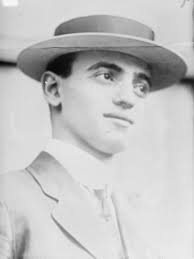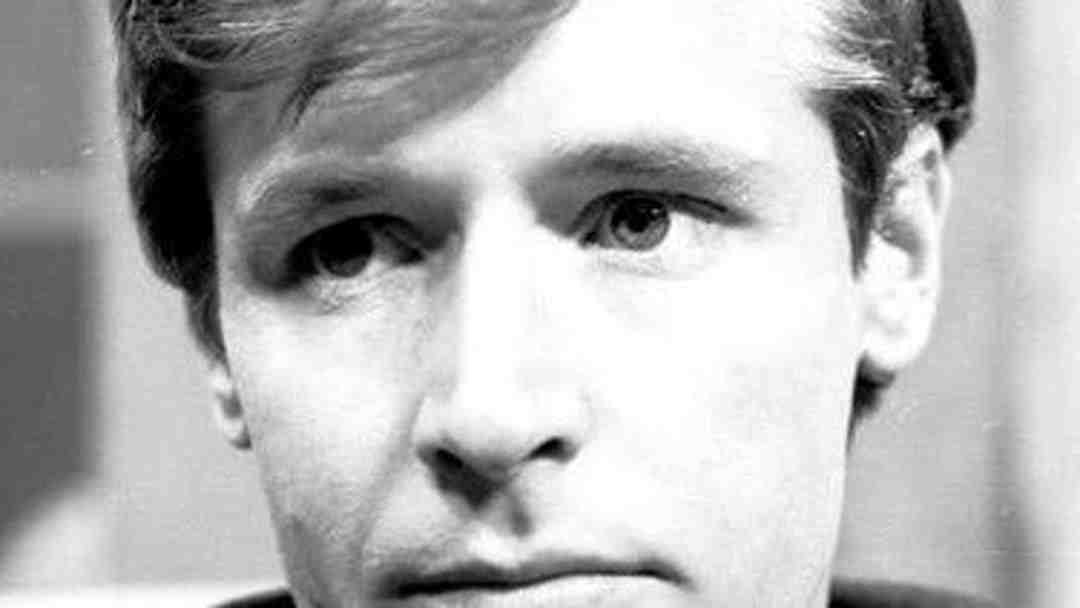
Introduction
The story of Leo Frank is not just a tale of a Jewish man wrongfully accused of murder; it is a complex narrative that highlights issues of anti-Semitism, injustice, and the flaws in the American judicial system during the early 20th century. The case continues to resonate today as it raises questions about race, religion, and the reliability of legal processes.
The Case of Leo Frank
In April 1913, Leo Frank, a factory superintendent in Atlanta, Georgia, was accused of the murder of 13-year-old Mary Phagan. Despite scant evidence linking him to the crime and numerous witnesses supporting his alibi, Frank was convicted in a largely prejudiced trial. The atmosphere in Georgia at the time was rife with anti-Semitic sentiment, leading many to believe that Frank’s Jewish heritage played a significant role in his conviction.
Public Reaction and Lynching
Following Frank’s sentencing to death in 1914, public outcry grew, with many seeing his trial as a blatant miscarriage of justice. In 1915, after a decade of appeals and advocacy from various civil rights groups, Leo Frank was kidnapped from prison by a mob and lynched in Marietta, Georgia. This horrifying act of vigilante justice shocked the nation and highlighted the deep-seated prejudices of the period.
Impact on Society and Legacy
The Leo Frank case had profound implications in American history. It led to the revival of the Ku Klux Klan and the founding of the Anti-Defamation League (ADL) in 1913, an organization focused on fighting anti-Semitism and discrimination. Frank’s story served as a catalyst for subsequent movements advocating for social justice and civil rights. Even today, discussions surrounding his case prompt reflection on contemporary issues of racial and religious discrimination, as well as the importance of due process and fair trials.
Conclusion
The tragic legacy of Leo Frank serves as a powerful reminder of the consequences of societal prejudice and the failures within the judicial system. It compels readers to consider the ongoing struggles against injustice and discrimination in all forms. As the nation continues to grapple with issues of race and equality, Leo Frank’s story remains significant, encouraging an ongoing dialogue about the importance of justice and the right of every individual to a fair trial, free from prejudice.
You may also like

Remembering Matthew Perry: A Look at His Life and Legacy

The Enduring Legacy of James Madison

The Enduring Legacy of William Roache in Coronation Street
SEARCH
LAST NEWS
- Remembering Wendy Richard: The Promise to Co-Star Natalie Cassidy
- How Did Anglian Water Achieve an ‘Essentials’ Rating for Mental Health Accessibility?
- Shai Hope Leads West Indies in T20 World Cup Clash Against South Africa
- What We Know About Weston McKennie: Future at Juventus and Past at Leeds
- What We Know About the Upcoming Live Nation Antitrust Trial